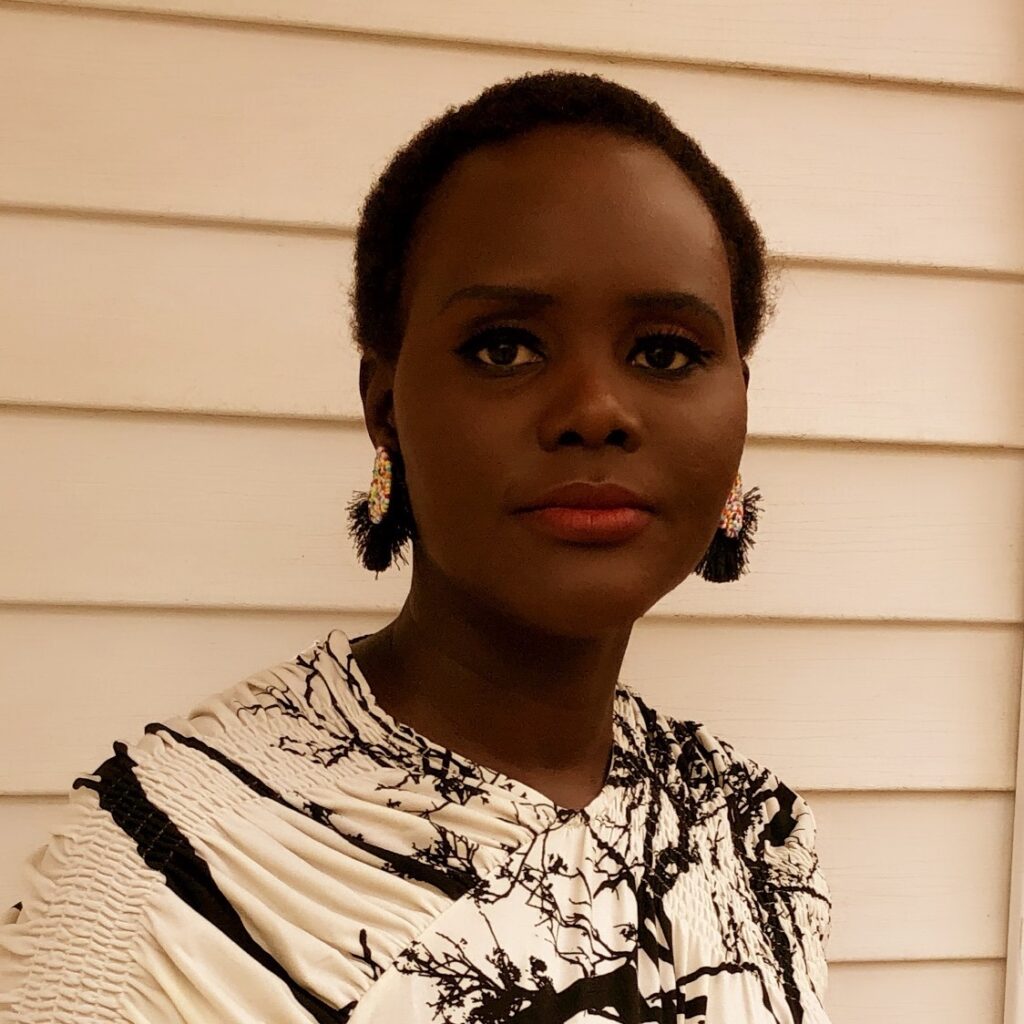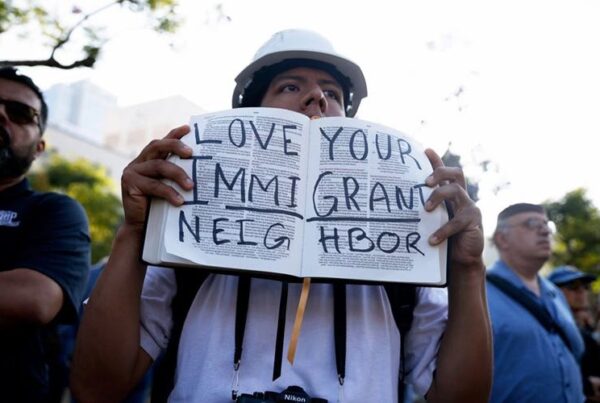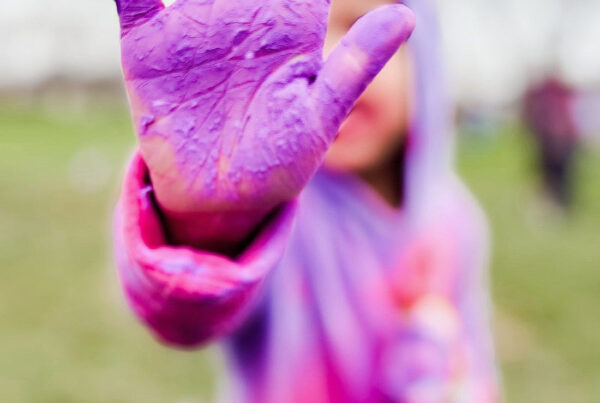The Chasing Justice Book Club will serve the purpose of highlighting BIPOC voices that are doing the courageous work of sharing their experience and expertise while supporting the authors. Join us in the CJ Book Club on Instagram for weekly discussion topics and discourse. The CJ Podcast will also host a monthly Book Club episode with the author to discuss and answer your questions. Enjoy the following excerpt from our October book club selection Voices Of Lament: Reflections on Brokenness and Hope in a World Longing for Justice sponsored by Revell.
From the chapter “Owning My Heritage As Queen” By Rebecca Deng
Wicked people watch good people
and try to kill them;
but the Lord will not abandon them to their
enemy’s power
or let them be condemned when they are on trial.
Psalm 37:32-33 GNT
The Women Who Raised Me
While ancient tribal women had the luxury of deep peace in a place they knew and were known, the present diaspora of Black African women continue to struggle. Growing up in the late 1990s and 2000s, I didn’t see my father much because he was a commander in the Sudan People’s Liberation Army/Movement. Most of my friends didn’t have their fathers around either, but we had a lot of women raising us. These women led in villages, towns, churches, internally displaced people camps, and refugee camps in neighboring countries. Unlike the wicked who “lie in wait for the righteous” (Ps. 37:32), these women were peacemakers between groups in conflict. They served sick and orphaned children the food rations received from the United Nations. They were our mentors before we arrived in the United States as the “Lost Boys and Lost Girls of Sudan.”
Today, the majority of Sudanese women in the US work low-paying jobs, but they send remittances to relatives living in war-torn countries and refugee camps while still taking care of their US communities. They feed families who has lost loved ones, gotten sick, or had a baby. Whenever possible, they will not allow the most vulnerable to see a premature death. Like our royal ancestors, they are robed in honor. At Sudanese celebrations, you will notice their nobility through the wearing of their perfume, their style of dress, their decorative painted henna, and their gold jewelry. Some of the women arrive to the gathering straight from night-shift work, but you can’t detect any distress in their faces. God has not left them in the powerful hands of the wicked, so they walk with grace, resilience, and beauty as they dance, serve food, or exchange jokes and laughter. Because “she is clothed with strength and dignity; she can laugh at the days to come” (PRov. 31:25).
While we struggle to maintain our dignity, royal heritage, and respect, there is an unspoken grief among us. Some of us have lost ourselves and lost our way. We have been uprooted from our traditions, languages, and ways of life, and we haven’t found solid footing to function as Black women in America. The fading culture is apparent. When the women sing traditional songs, some of them struggle to sing along or dance authentically to the beat of the drum. This is a tension we knew nothing about before our arrival.
The Wicked Lie in Wait
The wicked want ust to hate and kill ourselves. As Black women, we are pressured to perform under social constructs that are sometimes not clear to or meant for us, and so we are constantly rejected. We worry about our skin color, the texture of our hair, and the other societal expectations. We hold up pillars of everyday life, which leaves us with no time to reflect and be creative. We are constantly giving.
The wicked want us to hate and kill our bodies. Some Sudanese women have accepted the distorted narrative of being “fair” and “lovely”, and have therefore rejected their God given complexion, which has stolen the hearts of men from the beginning of time. Even Moses fell for a Black beauty, a woman from the land of Kush, and his family was against it (Num. 12:1). Some of us believe that our skin is an obstacle to “fitting in” or getting jobs. Additionally, we know the standards of beauty in Western culture, so some Sudanese women use skin-lightening products to feel beautiful and to gain a sense of belonging in their new land. These creams are dangerous for our health and are quite costly.
Excerpted from Voices of Lament by Natasha Sistrunk Robinson. Copyright © 2022 by Revell a division of Baker Publishing Group. All rights reserved. No part of this excerpt may be reproduced or reprinted without permission in writing from the publisher.

Rebecca Deng is the author of What They Meant for Evil: How a Lost Girl of Sudan Found Healing, Peace and Purpose in the Midst of Suffering and one of the eighty-nine Lost Girls of Sudan who came to the US in 2000 as unaccompanied refugee minors after living eight years in the Kakuma Refugee Camp in northern Kenya. She is an international speaker and advocate for women and children victimized by war. She is African American of South Sudanese origin. Facebook: @rebeccadengmedia: Twitter: @rivkadeng
The views and opinions expressed on the Chasing Justice Blog are those of the authors and do not necessarily reflect the official policy or position of Chasing Justice. Any content provided by our bloggers or authors are of their opinion and are not intended to malign any religion, ethnic group, club, organization, company, individual or anyone or anything.







